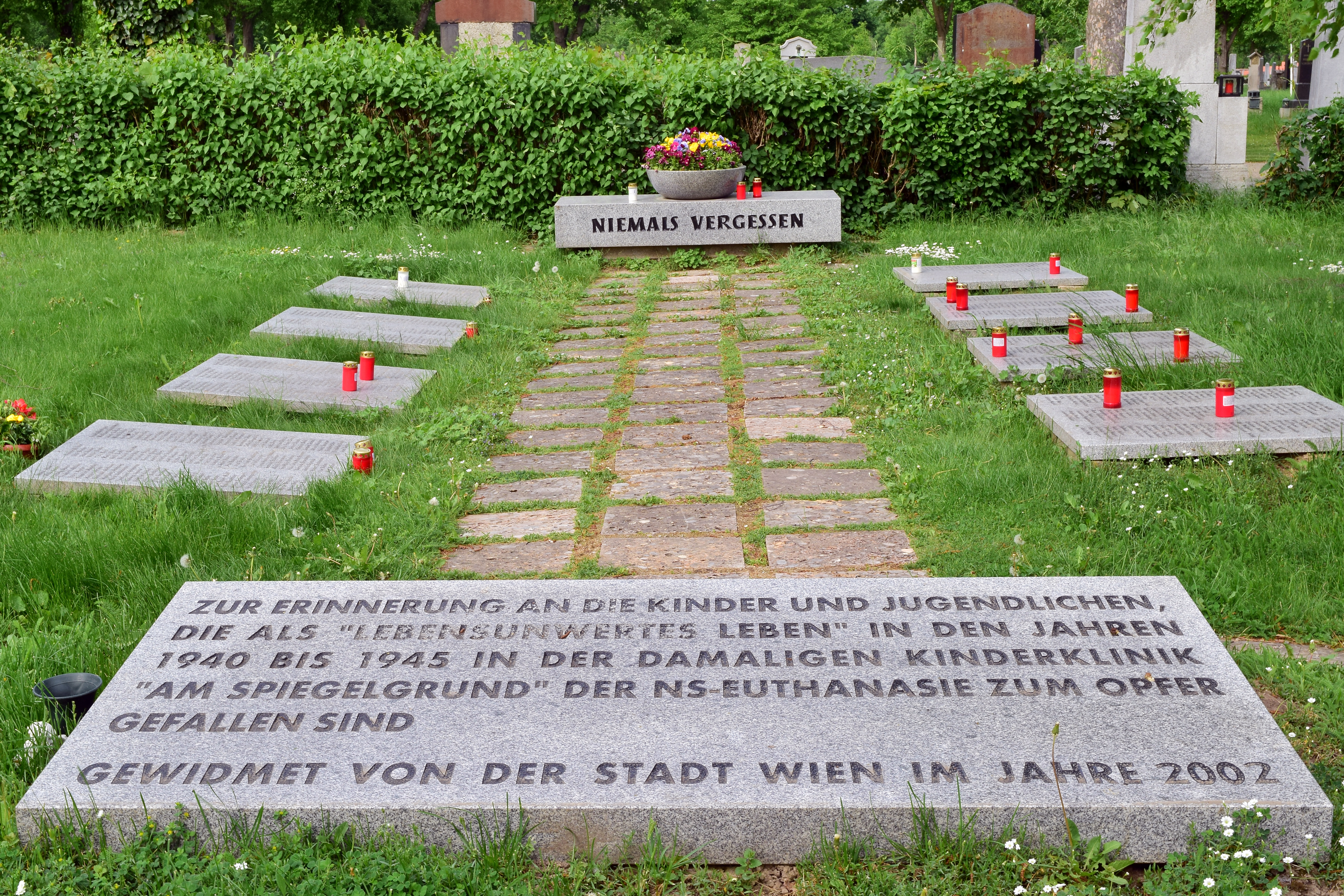
(Vienna, 30 May 2025) As part of a research project carried out at MedUni Vienna on the history of brain research under National Socialism, microscopic sections and paraffin-embedded tissue samples from victims of so-called Nazi "euthanasia" have been identified in the archives of the Department of Neuropathology and Neurochemistry at MedUni Vienna's Department of Neurology (formerly the Institute of Neurology). This discovery was made possible by the complete digital indexing of the historical collection.
Specifically, these are the specimens of a total of nine children. Six of them died in the Viennese "child euthanasia" institution Am Spiegelgrund. The tissue samples from three other children murdered in the Görden asylum in Brandenburg originate from a scientific collaboration in the 1950s between the then Neurological Institute in Vienna and the Max Planck Institute for Brain Research in Giessen, where numerous specimens from victims of Nazi "euthanasia" were held. Already in 2002, human remains of Nazi victims that had been kept for scientific purposes were buried at the Vienna Central Cemetery. A further burial took place in Görden in 2003. A dignified funeral is now also planned for the most recently discovered tissue samples.
"The current discovery is a painful reminder that medical science must never be conducted and viewed in isolation from ethical principles," emphasises Markus Müller, Rector of the Medical University of Vienna. "MedUni Vienna is facing up to its past and is actively committed to coming to terms with this dark chapter in the history of medicine. As an institution that prioritises academic integrity, we are committed to treating the victims with respect."
Romana Höftberger, Head of the Division of Neuropathology and Neurochemistry at MedUni Vienna's Department of Neurology, also emphasises the need to draw consequences from the past: "By coming to terms with the role of neuropathology in research on tissue tainted by Nazi injustices and clarifying the individual motives and personal circumstances of the scientists involved, both the opportunity and the imperative to learn from history and to take a firm stand against unethical behaviour in medicine continue to arise." For Herwig Czech from the Institute for Ethics, Collections and History of Medicine at MedUni Vienna, the discovery should also be seen in a wider scientific-historical context: "Research on human remains from Nazi injustices, even decades after the war, is a depressing chapter that still occupies many scientific institutions today – as our research on the history of the Max Planck Society shows, but also this current find."